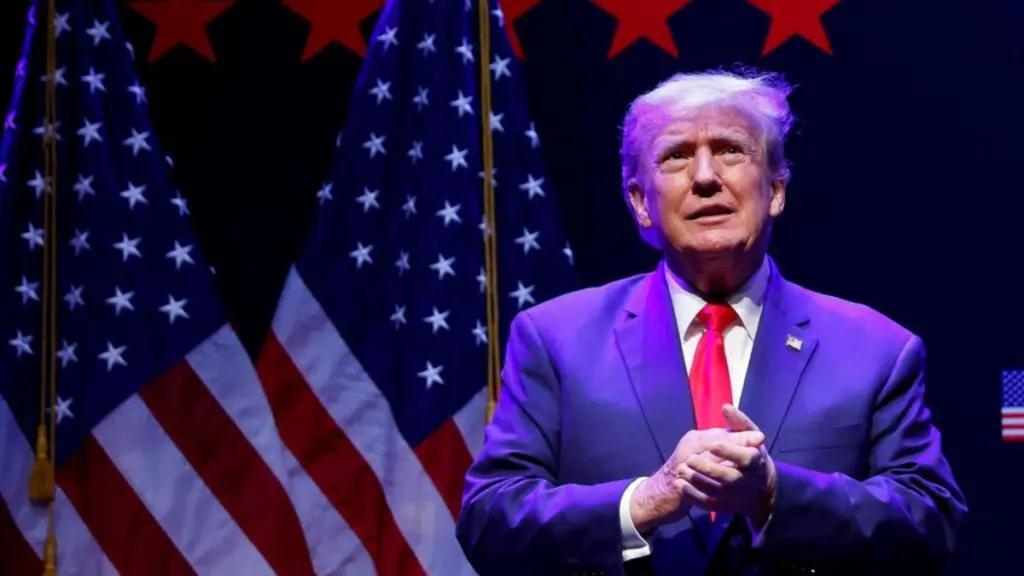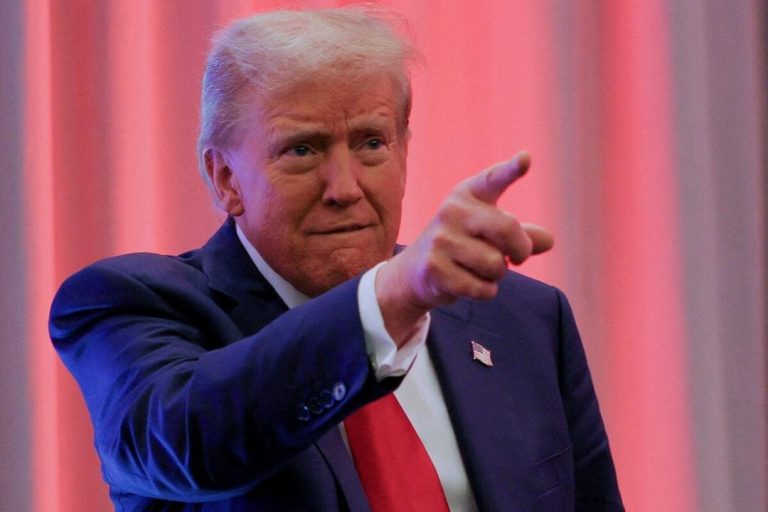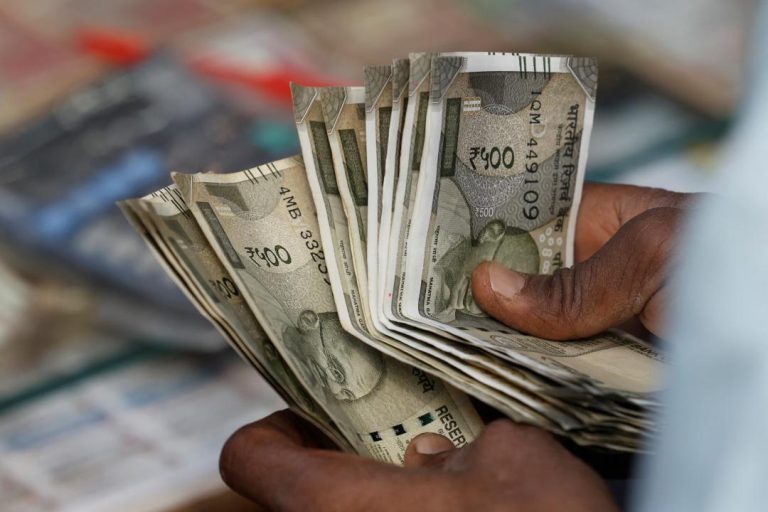
Donald Trump Exempts Smartphones & Computers from Reciprocal Tariffs
In a move that has sparked both relief and concern in the tech industry, United States President Donald Trump has excluded smartphones, computers, and other electronic items from the reciprocal tariffs he imposed on Chinese goods. According to a Customs and Border Patrol notice, these items will not be subject to the 125% tariffs he imposed on Chinese goods, which have been in place since September 2019.
The reciprocal tariffs were imposed in response to China’s retaliatory tariffs on American goods, which were sparked by the Trump administration’s initial tariffs on $50 billion worth of Chinese goods in July 2018. The tariffs were aimed at addressing what the Trump administration claimed were unfair trade practices by China, including intellectual property theft and forced technology transfer.
However, the tech industry has been vocal in its opposition to the tariffs, citing concerns that they could lead to higher prices for consumers and potentially disrupt global supply chains. Many tech giants, including Apple, have manufacturing facilities in China and rely on the country for the production of their devices.
Apple, for example, has manufacturing facilities in China that produce a significant portion of its iPhones, iPads, and Mac computers. The company has warned that the tariffs could lead to higher prices for its products, which could negatively impact sales and profitability.
Other tech companies, such as Intel and Micron, have also spoken out against the tariffs, citing concerns about the potential impact on their businesses and the wider tech industry.
In addition to smartphones, computers, and other electronic items, the Customs and Border Patrol notice also excludes other goods from the reciprocal tariffs, including:
- Pharmaceuticals and medical devices
- Certain agricultural products, such as soybeans and pork
- Oil and petroleum products
- Chemicals and plastics
The exemptions are effective immediately, according to the Customs and Border Patrol notice, and will remain in place until further notice.
While the exemptions are a relief for the tech industry, they do not address the broader trade tensions between the US and China. The Trump administration has continued to push for changes to China’s trade practices, including the forced transfer of technology and intellectual property theft.
In response to the exemptions, some analysts have suggested that the Trump administration may be trying to create a divide between the tech industry and other industries that are more heavily impacted by the tariffs. Others have suggested that the exemptions may be a sign that the Trump administration is willing to negotiate with China and find a compromise on trade.
Regardless of the motivations behind the exemptions, they are likely to be welcomed by the tech industry, which has been vocal in its opposition to the tariffs. For companies like Apple and Intel, the exemptions will help to mitigate the potential impact of the tariffs on their businesses and give them more time to adjust to the new trade landscape.
In conclusion, the decision to exempt smartphones, computers, and other electronic items from the reciprocal tariffs is a significant development in the ongoing trade tensions between the US and China. While the move is likely to be welcomed by the tech industry, it does not address the broader trade tensions and the ongoing negotiations between the two countries.
Source:






